By Shannon Abram, The Community Roundtable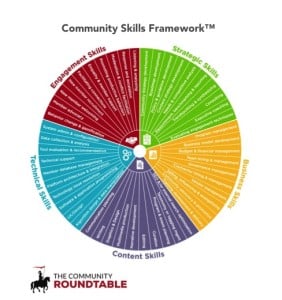
Job hunting can always be stressful. Add to that the stress of finding a job in an emerging field like community management and your stress can double. No fear! We’ve compiled best practices for finding and getting a community job. We’re also highlighting the Community Skills Framework. The Community Skills Framework showcases the 50 skills essential to community management. You can use the Framework to access your strengths and identify places for growth!
This week’s #throwbackthursday focuses on the best practices for getting a community management job.
- How Do I Find a Community Manager Job? – Community management is a profession of relationships – use your network to discover your next role. Most community jobs are not currently found through traditional job listings.
- 50 Skills of Community Management – The Community Skills Framework represents the five skill families and top 50 skills that are required to build a successful community program.
- How To Win That Community Manager Job – As organizations begin to increasingly recognize and reward the value of good community management the market for jobs has begun to heat up. While at any given moment there are literally dozens of interesting community jobs open around the country (and truly, the world) the competition for these roles is getting stiffer. How can you set yourself apart?
-
For TheCR Network Eyes Only: Community Careers and Development Group – Are you a member of TheCR Network? Check out this group inside TheCR Network where members share job postings, hiring advice and best practices for landing the community jobs of your dreams!
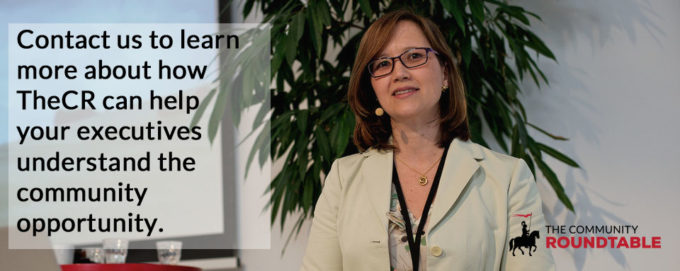
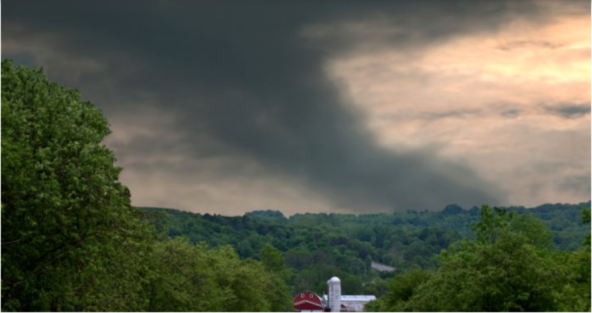
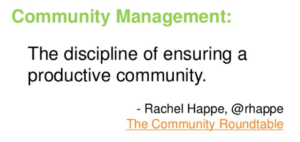 Looking to get started in community management, or just need a refresher on the basics? Check out these community management 101 resources! We’re highlighting the fundamentals of community management in this week’s
Looking to get started in community management, or just need a refresher on the basics? Check out these community management 101 resources! We’re highlighting the fundamentals of community management in this week’s  August, I don’t want to say good-bye! The summer months are so good, but fall is rapidly approaching. I spent most of the month preparing for a busy September and it’s helpful to look back and reflect on highlights from inside TheCR Network:
August, I don’t want to say good-bye! The summer months are so good, but fall is rapidly approaching. I spent most of the month preparing for a busy September and it’s helpful to look back and reflect on highlights from inside TheCR Network: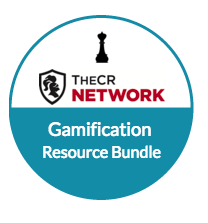 Show & Tell (Discussion Threads): We notice it’s super helpful to peek at others’ community architecture, design, campaigns, and programs. This summer we set up a number of show & tell threads to help curate helpful community examples. Members shared screenshots of their home pages, new member pages, dashboards, and ideation programs. I’m very happy to continue to grow them and have as resources in the network.
Show & Tell (Discussion Threads): We notice it’s super helpful to peek at others’ community architecture, design, campaigns, and programs. This summer we set up a number of show & tell threads to help curate helpful community examples. Members shared screenshots of their home pages, new member pages, dashboards, and ideation programs. I’m very happy to continue to grow them and have as resources in the network.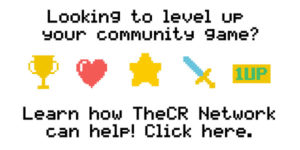
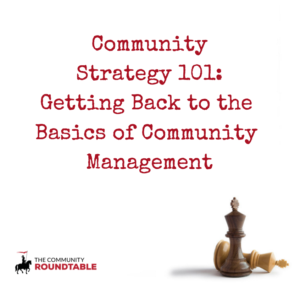 By Shannon Abram, The Community Roundtable
By Shannon Abram, The Community Roundtable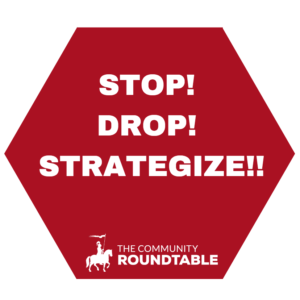 achieve them. When you have a roadmap, your conversations with stakeholders become more productive. Instead of talking about “why we should invest in community,” you can discuss where to target your investments.
achieve them. When you have a roadmap, your conversations with stakeholders become more productive. Instead of talking about “why we should invest in community,” you can discuss where to target your investments.
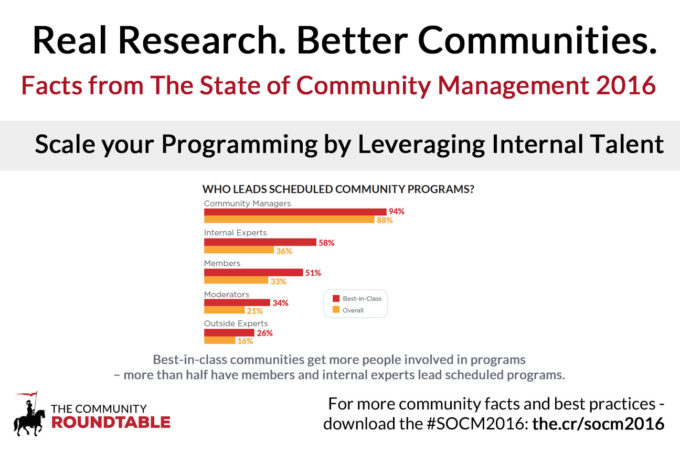
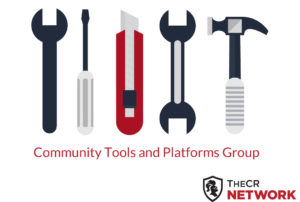 Community Tools & Platforms Group
Community Tools & Platforms Group  You can find an online community for everything these days. Last week I was invited to join a community focused on dog treats. Yes, an entire community for dog treats.
You can find an online community for everything these days. Last week I was invited to join a community focused on dog treats. Yes, an entire community for dog treats.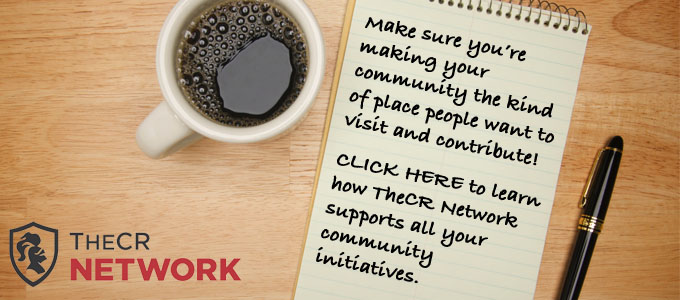
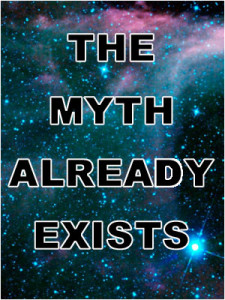

 spoiler: it’s not just the free PBR and office foosball tables that make it such a good option.
spoiler: it’s not just the free PBR and office foosball tables that make it such a good option.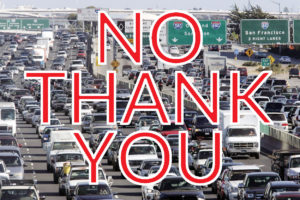 2-Hour Commute? No Thanks.
2-Hour Commute? No Thanks.